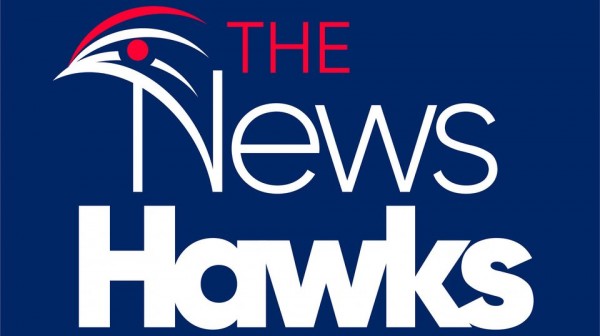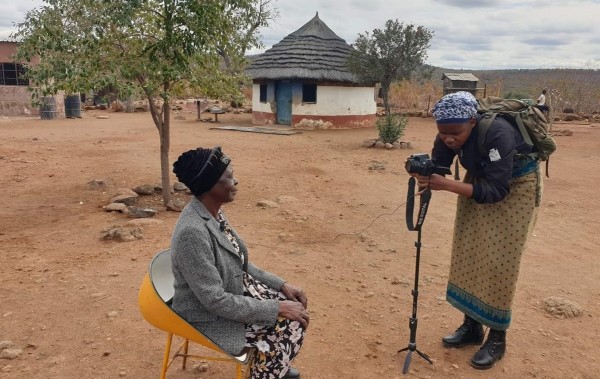His Excellency Robert Mugabe
President
Harare
Zimbabwe
Vienna, 31 January 2001
Your Excellency
The International Press Institute (IPI), the global network of editors and media executives, strongly condemns the recent wave of attacks against the independent and the state-owned media in Zimbabwe.
According to our sources, The Daily News printing plant was bombed on 28 January, causing extensive damage, though there were no injuries. The Minister of State Information and Publicity, Jonathan Moyo, had told the Zimbabwe Broadcasting Cooperation (ZBC) on 27 January that the state would silence The Daily News, as the newspaper allegedly posed a security risk to the nation. The bombing of The Daily News printing plant came a few hours after Moyo’s statement. On the following day, Moyo said the bombing was regrettable. This was the second time that the privately-owned newspaper was bombed in nine months.
Moreover, on 23 January, supporters of the Zimbabwe African National Union – Patriotic Front (ZANU-PF) and war veterans marched though Harare’s city centre shouting profanities and insults at The Daily News. They broke some of the newspaper’s office windows and attacked Julius Zava, one of the newspaper’s journalists. This was followed by attacks on The Daily News in other parts of Zimbabwe.
In apparent acts of retaliation, over 150 suspected Movement for Democratic Change (MDC, the main oppositional party) supporters severely assaulted a driver for the state-owned Zimpapers and left him for dead before burning almost 4,000 copies of the state-owned daily The Herald in Chitungwiza on 27 January. Copies of the newspaper were also destroyed in other parts of Harare. Two days later, residents of Harare again destroyed hundreds of copies of The Herald in what they said was a protest against the 28 January bombing of The Daily News printing press in Harare.
In a separate but related development, The Daily News’ deputy editor Davison Maruziva and reporters Conrad Nyamutata and Luke Tamborenyoka, along with The Standard’s editor, Mark Gova Chavunduka, were arrested and questioned on 26 January over a story the newspapers covered in 2000. The story claimed that the oppositional Movement for Democratic Change (MDC) had filed a civil lawsuit in the United States against President Mugabe over the political violence which took place prior to and after the June 2000 parliamentary elections. The government had previously threatened to file criminal defamation charges against the newspapers for publishing the story.
IPI is deeply disturbed by the harassment, assaults and targeting of media workers and media outlets and the deterioration of basic values such as tolerance and freedom of expression in Zimbabwe. IPI regards assaults on journalists and attacks on media outlets as gross violations of everyone’s right to “seek, receive and impart information and ideas through any media and regardless of frontiers” as guaranteed by Article 19 of the UN Universal Declaration of Human Rights.
Therefore, IPI urges Your Excellency to do everything in your power to ensure that there is a thorough investigation into these attacks and that those guilty are brought swiftly to justice. Moreover, we urge you to take all necessary steps to ensure that journalists are allowed to report freely on developments in Zimbabwe. This includes the basic right of media workers to carry out their profession without the fear of being attacked in retribution for doing so.
We thank you for your attention.
Johann P. Fritz
Director


